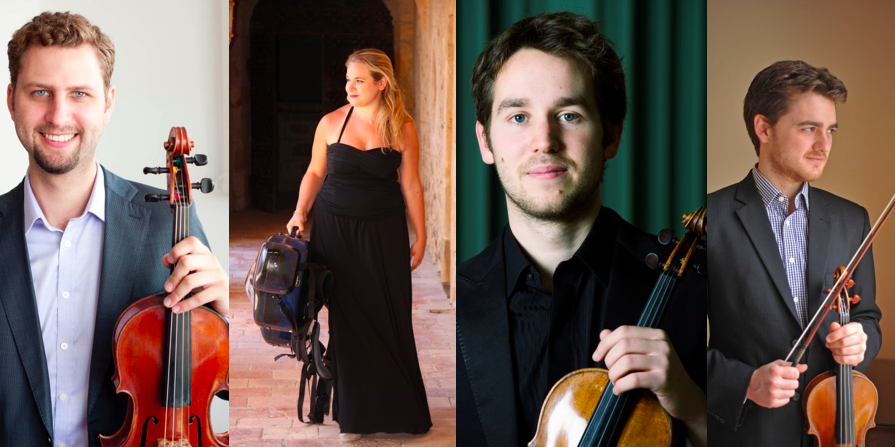Extraordinary music by exceptional musicians
At this Saturday’s concert the award-winning Piatti String Quartet present four wonderful pieces – each beautiful and fascinating examples of chamber music in their own right.
We find out a bit more about each of these works…
In 1794, one of Europe’s leading composers visited Bath. He was the famous Austrian composer Josef Haydn – known as the ‘Father of the String Quartet’ .Haydn wrote 68 string quartets and refined it into the most prominent genre in classical chamber music.
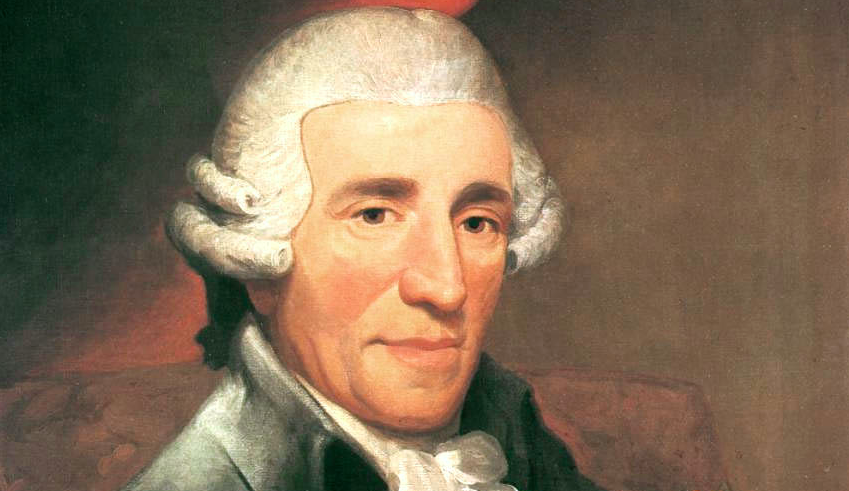
Joseph Haydn by Thomas Hardy 1791
The Piatti will be performing his 1772 Quartet in C Major Op.20 No.2 – one of a set of six quartets considered a milestone in the history of composition. At the time Hadyn was working as Kapellmeister to the Prince Nikolaus Esterházy ‘The Magnificent’ who was a great lover of music and patron of the arts. So the conditions were perfect for Haydn to embrace the new philosophical and political ideas sweeping across Europe which many experts see in the emotional and structural content of these quartets.
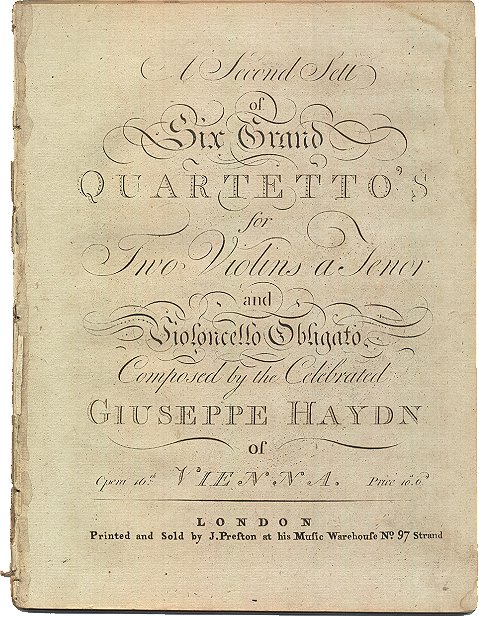
1782 edition of the Opus 20 Quartets published by Preston in London
The four movements represent balance, variety, humour and logic and culminate in a fugue for the four instruments in which they are all treated equally – a clear move forward from the hierarchical distinction between instruments in the past.
Brighton born Frank Bridge wrote his 3 Idylls for String Quartet in 1906 and they could not be more different from Haydn’s work. These three highly appealing pieces embody the sprit of the English Pastoral. The theme from the second Idyll was to inspire his pupil, Benjamin Britten, to write his famous homage to his teacher in 1937 with his Variations on a Theme of Frank Bridge.

Frank Bridge in 1921
When Bridge’s chamber music first appeared, it was a revelation to amateurs as well as professional players. His aim in writing The Three Idylls was to create a tonal canvas of many different textures and expressive characters from the dark and melancholy mood at the opening through a more upbeat Latin beat to a syncopated bluesy central piece, and ending with an energetic fast moving finale – perhaps anticipating what composers like Gershwin and others would later do.
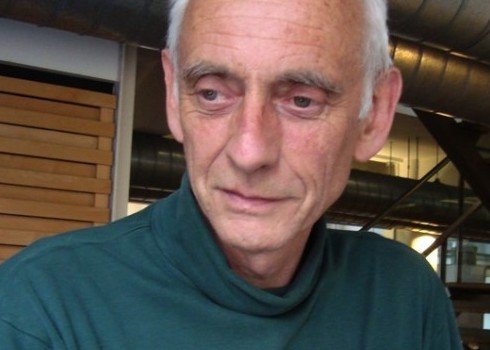
John Hawkins
Another work in the Piatti’s programme is bang up to date with ‘Fuzon’ by British composer, John Hawkins. Lasting just 7 minutes, this two movement quartet is inspired by the work of William Blake. Blake’s extraordinary and prophetic early romantic works include The Book of Ahania in which Fuzon battles with his father Urizen for control of the world!
‘Hawkins writes in a sound-language which can be enjoyable and even compelling, ensuring communication at a first hearing.’
Music and musicians
For the final work in the programme the Piatti are joined by guest cellist Ella Rundle for a real treat with Schubert’s String Quintet in C major. This extraordinary work, written during the final 18 months of Schubert’s short life, with its unusual combination of two violins, viola and two cellos takes us to a new sound world: Familiar, yet with immense depth and passion and with an amazing kaleidoscope of colours.
“perhaps the most beautiful piece of chamber music ever composed” The Telegraph
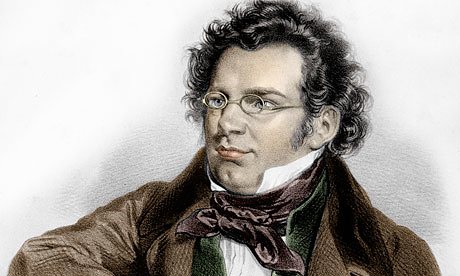
Franz Schubert
Hear the prizewinning Piatti Quartet perform all four of these wonderful pieces in the magical and atmospheric setting of Bath’s Old Theatre Royal on Saturday 10 December at 7.30pm.
“Musically compelling …” The Strad

